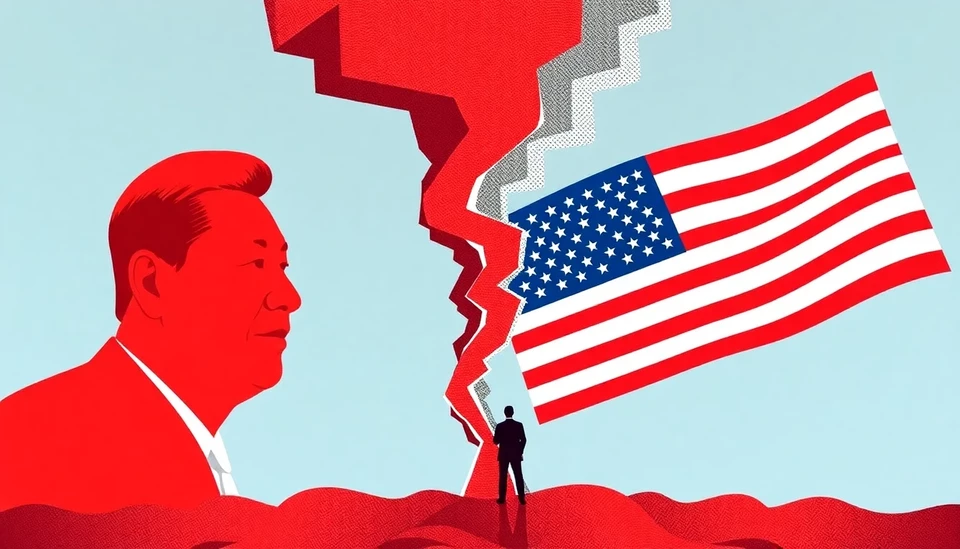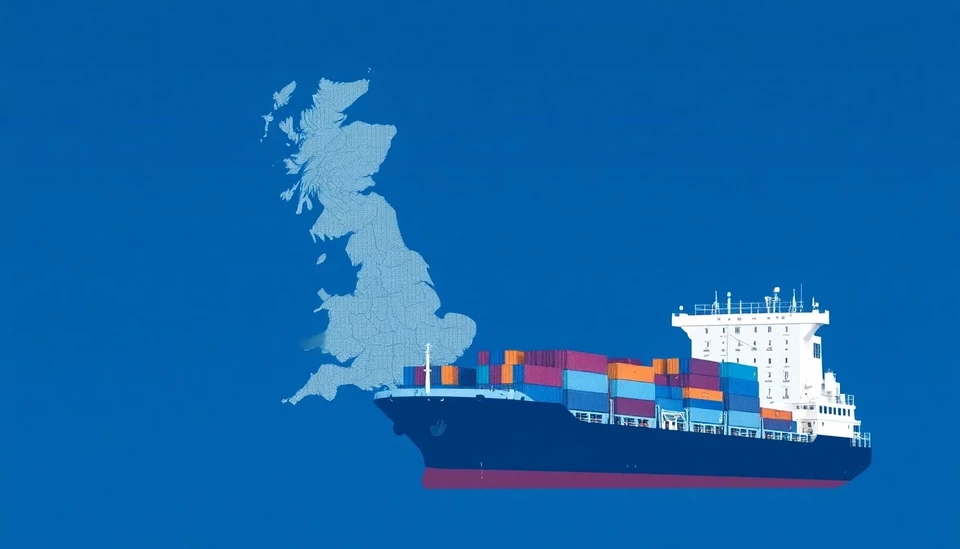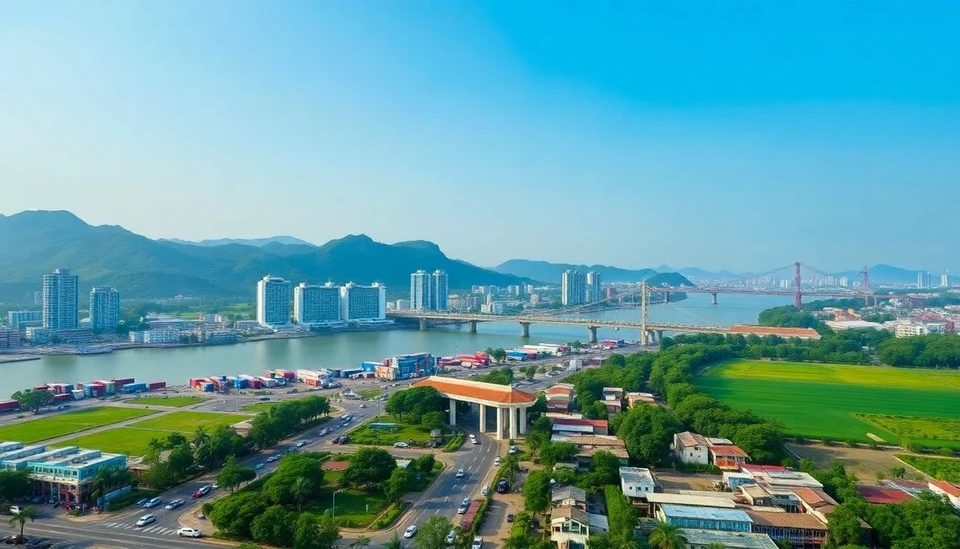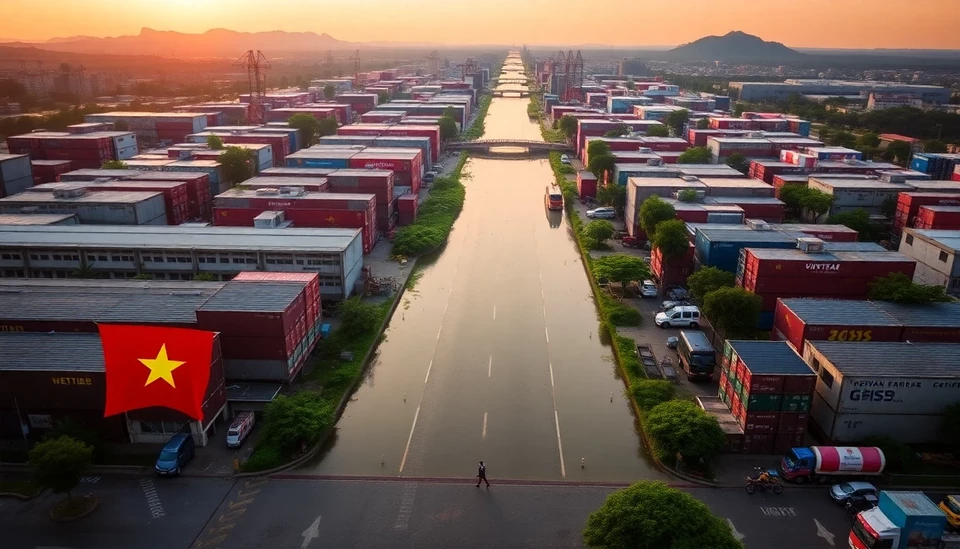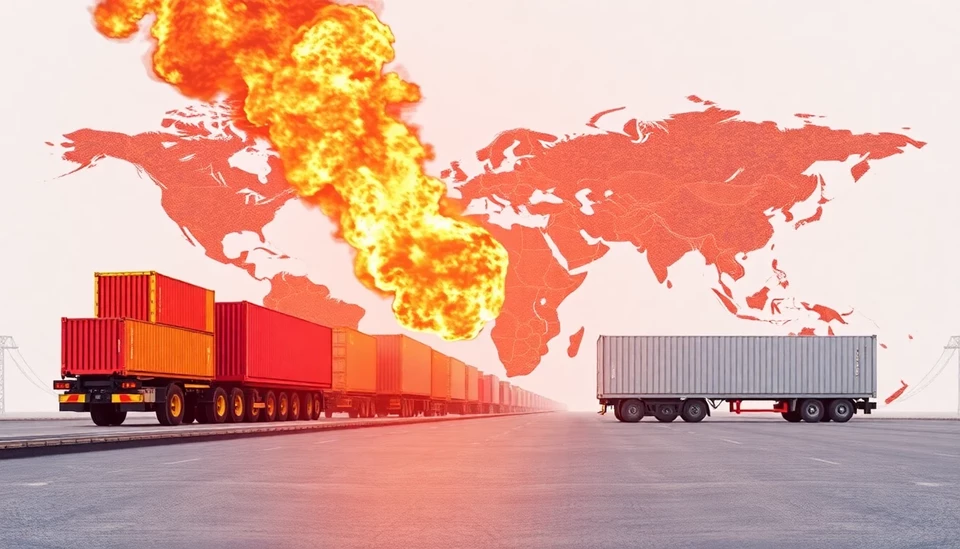
In the latest developments concerning global supply chains, the World Trade Organization (WTO) has released a comprehensive analysis highlighting the ongoing challenges and disruptions faced by international trade networks. The findings suggest that post-pandemic recovery remains hampered by various factors, including geopolitical tensions, inflationary pressures, and more stringent trade policies.
The report details how supply chain bottlenecks, especially in key sectors such as semiconductors and energy, continue to plague manufacturers and consumers alike. These challenges have been exacerbated by recent trade wars, particularly between major economies, leading to calls for a re-evaluation of trade agreements and relationships.
According to the WTO, trade restrictions implemented by various countries have surged in recent years, with tariffs and quotas increasingly becoming a tool for nations looking to protect their domestic industries. This trend has resulted in higher prices and reduced product availability worldwide, adversely affecting consumers and businesses.
Experts from the WTO have cautioned that without cooperation among nations and a commitment to resolving trade conflicts, the current situation is likely to worsen. They emphasize the importance of multilateral negotiations aimed at streamlining trade processes and fostering resilience within the supply chain.
As countries grapple with the implications of these disruptions, there is growing pressure to reconsider dependencies on foreign suppliers. Some nations are beginning to explore reshoring strategies, which are aimed at bringing production back to domestic shores as a means to mitigate risks associated with global sourcing.
Moreover, the report indicates that the rise of digital technologies and e-commerce continues to shift the landscape of international trade. The digital transformation has accelerated the need for businesses to adapt quickly to changing consumer behaviors and preferences, further complicating the dynamics of supply chain management.
As the situation evolves, businesses and policymakers are urged to stay informed and prepared for the challenges that lie ahead. The WTO’s findings serve as a crucial reminder of the interconnected nature of global supply chains and the pressing need for collaborative solutions to ensure a stable and efficient trading environment.
#SupplyChain #WTO #TradeWars #GlobalTrade #Economy #SupplyChainManagement #DigitalTransformation #GeopoliticalTension
Author: Laura Mitchell
